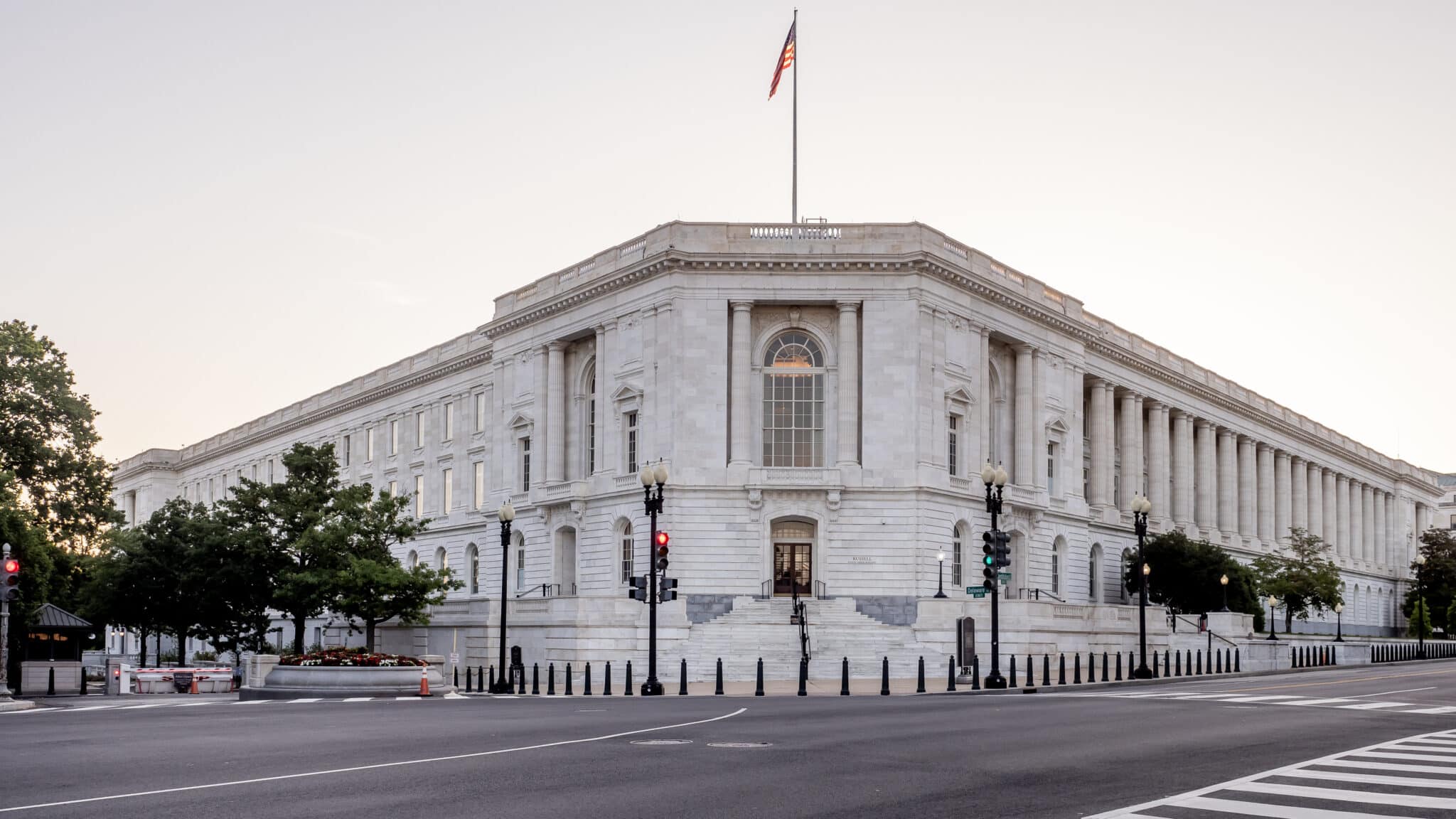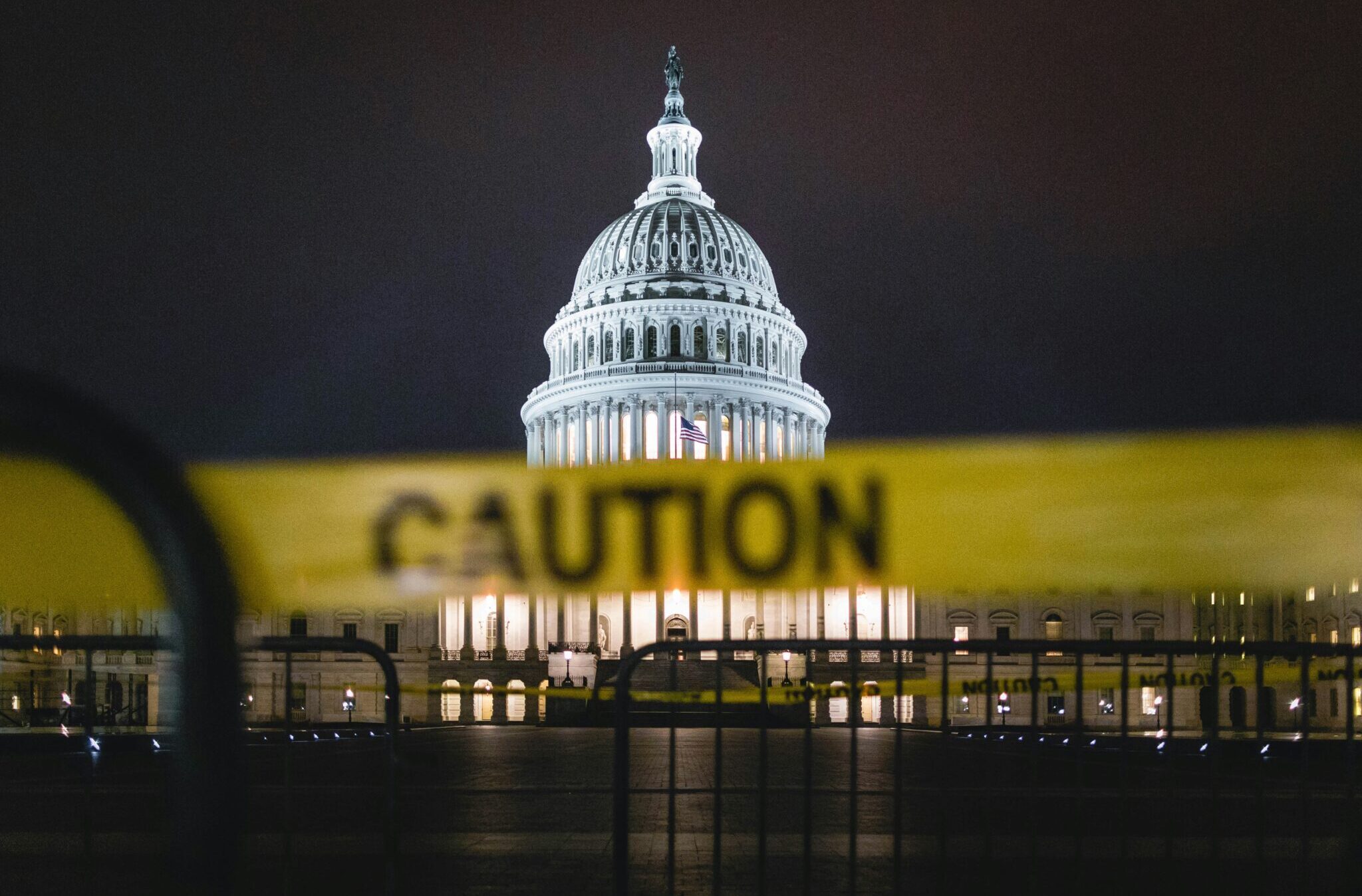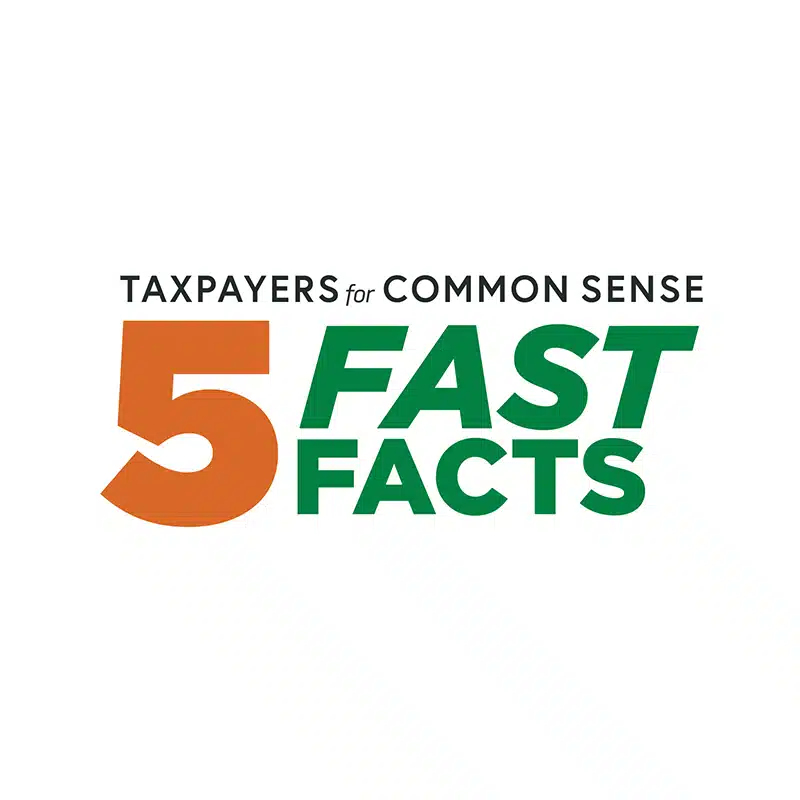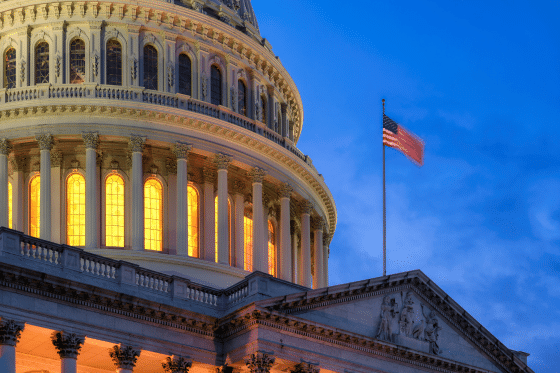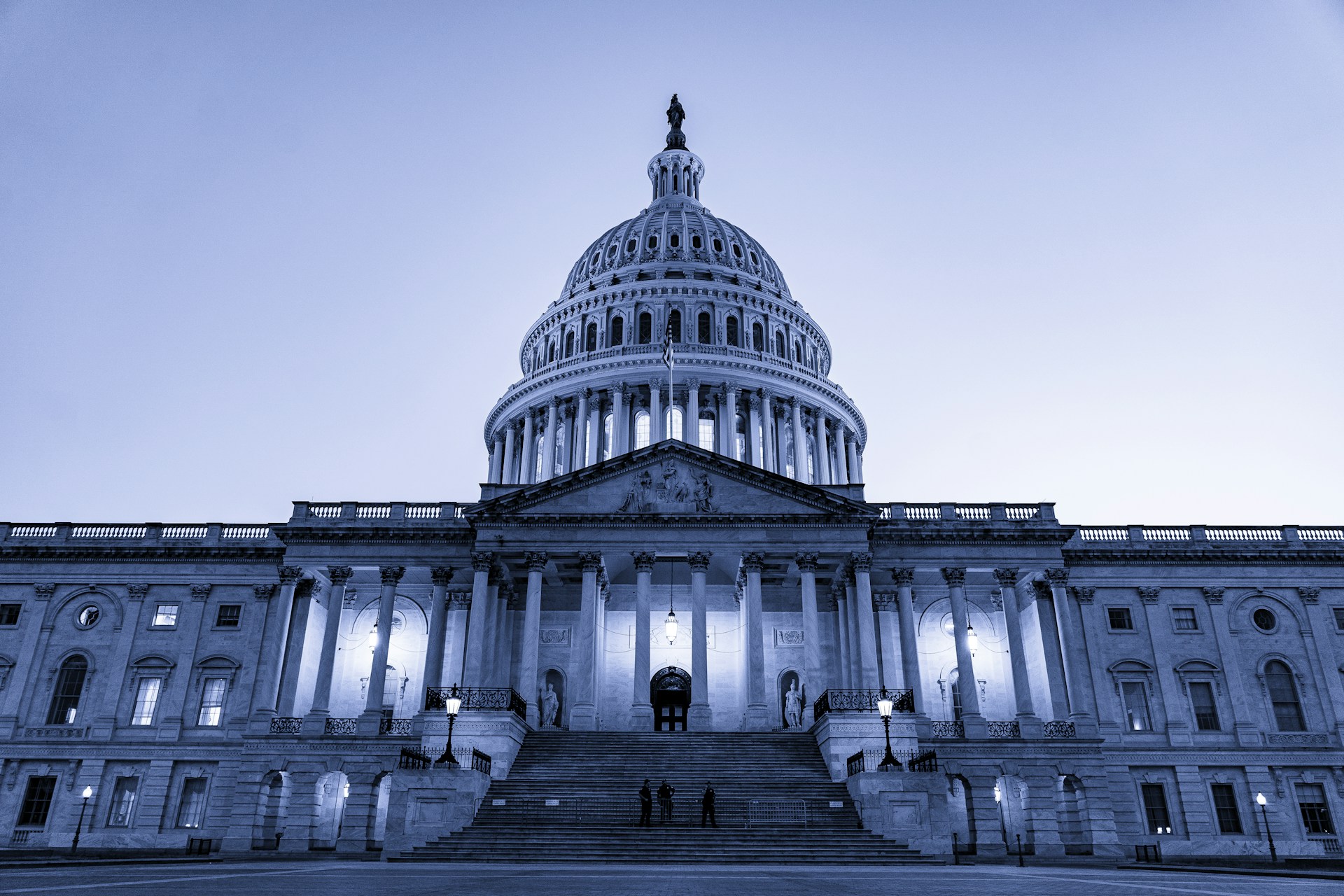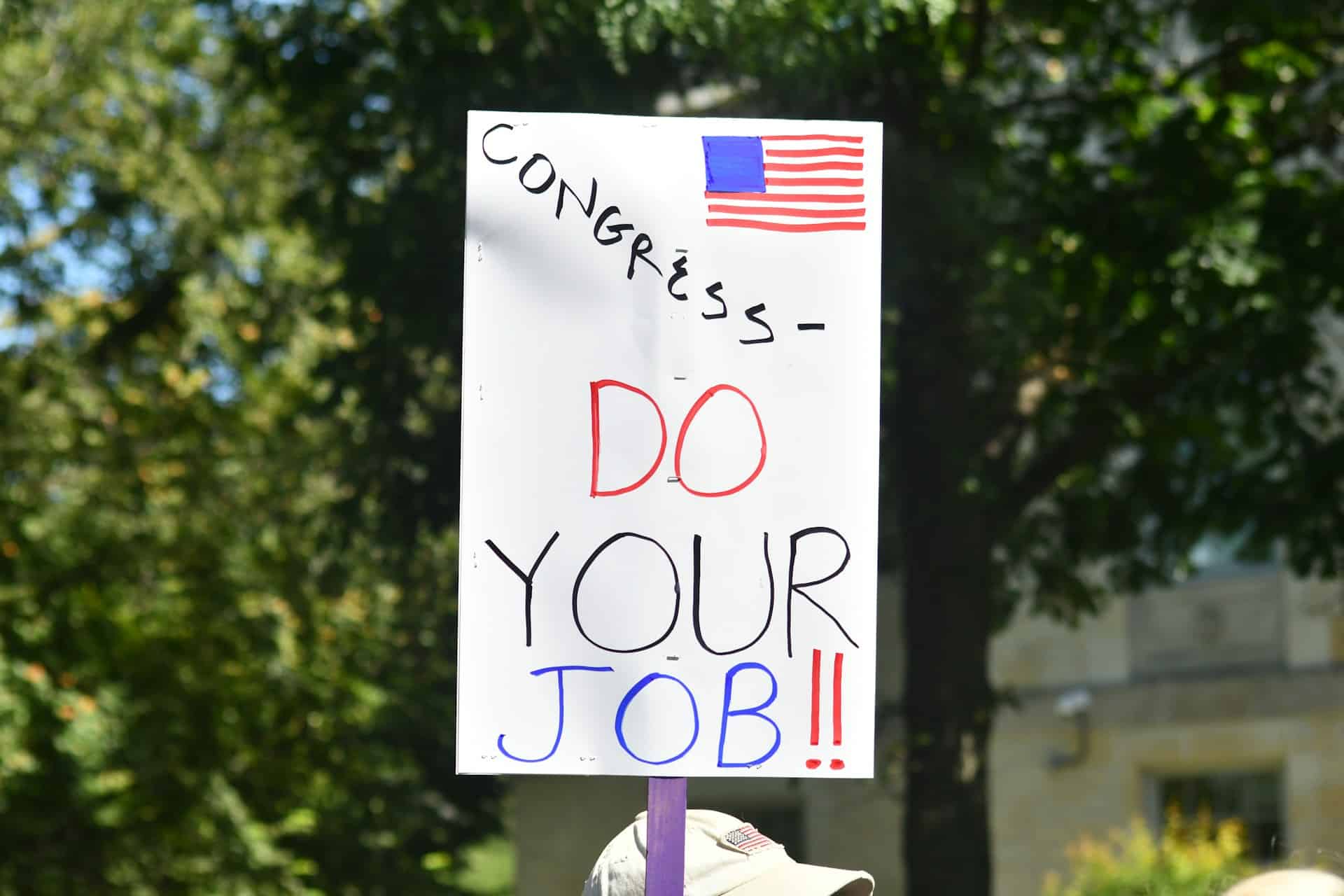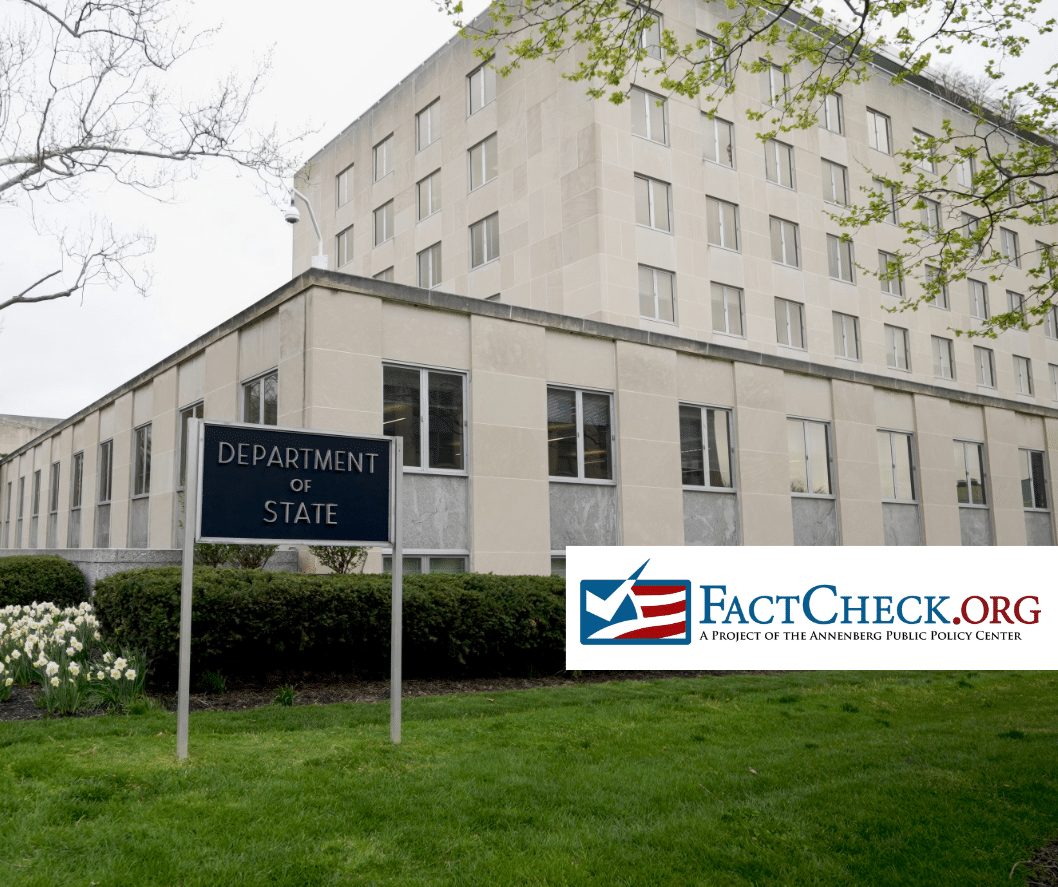Weekly Wastebasket
Weekly Wastebasket
Weekly Wastebasket
Weekly Wastebasket
In The News
QUOTE OF THE WEEK
“Americans can’t afford for their Representatives to get so caught up in landing a partisan win that they abandon their obligation to come together to solve the urgent problems that our nation faces.“
—Rep. Marie Gluesenkamp Perez (D-WA), in response to the end of the longest federal government shutdown.
Weekly Wastebasket
Weekly Wastebasket
Weekly Wastebasket
Weekly Wastebasket
Weekly Wastebasket
Transportation & Infrastructure
Transportation & Infrastructure
Taxpayers for Common Sense opposes projects where the national benefit doesn’t outweigh the cost and advocates for a fix-it-first approach. We work to shift more of the financial costs and risks off federal taxpayers and onto the actual project beneficiaries themselves.



